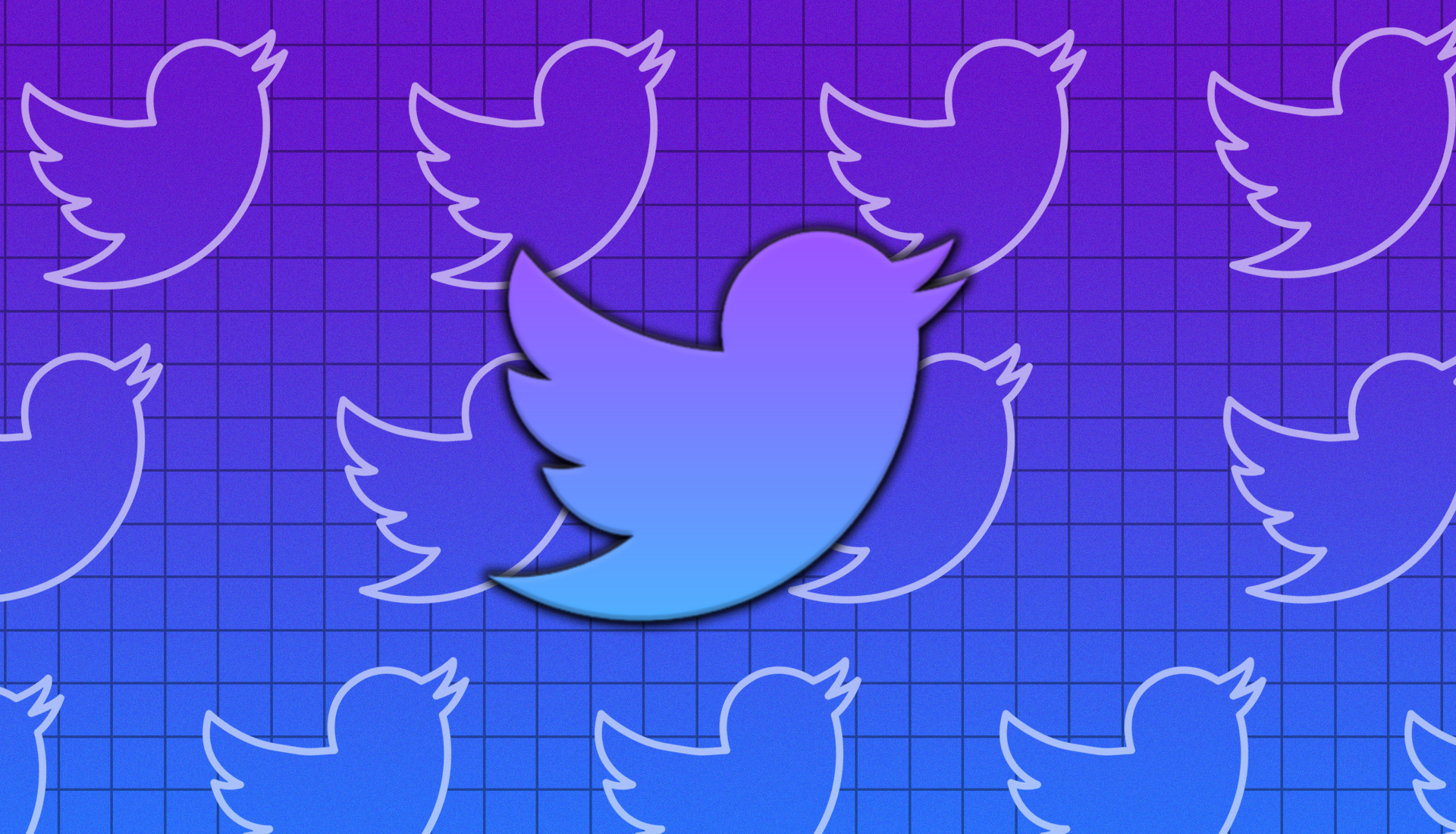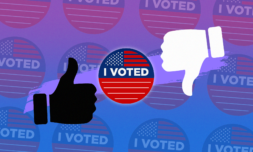Twitter users will soon be able to warn one another about misinformation propagating on the platform through a new feature called ‘Birdwatch’.
In the grips of a global pandemic, the last thing people need is a bunch of loosely based conspiracy theories spreading online. That’s how anti-lockdown rallies ignite and spikes in infection occur… true story. Add to this nigh-on undetectable deep-fakes circulating online in the build up to the US Presidential election and murmurings of pro-Communist alliances with figureheads of the BLM movement, and what you have is a pretty serious issue regarding misinformation.
Social media has become the main breeding ground for misleading content in 2020, with Facebook forced to place limitations on WhatsApp messaging after rumours of 5G being linked to Covid-19 triggered vandalism of telecom towers across the UK. Now, we’re seeing Twitter’s attempt at confronting the problem months later.
The experimental new feature is dubbed ‘Birdwatch’ and is described as a more thorough means of flagging tweets for moderation. Appearing next to the Mute, Block, and Report options, users will soon be able to select ‘Add to Birdwatch’ which will pull up a host of options to alert site admins and the rest of the Twittersphere to bogus and inflammatory content.
From here, people can attach their own notes to the tweet that will appear in a separate community bar. If Birdwatch is implemented, any tweet that has been flagged by mods will display a small binoculars logo in the corner that will open all public notes when selected. The thinking is that, by providing a running commentary of users – presumably armed with links to credible sources and stats – we can bring round individuals who otherwise might have circulated the falsehoods themselves. Essentially, notes will become a public document of sorts for a tweet’s authenticity.



















